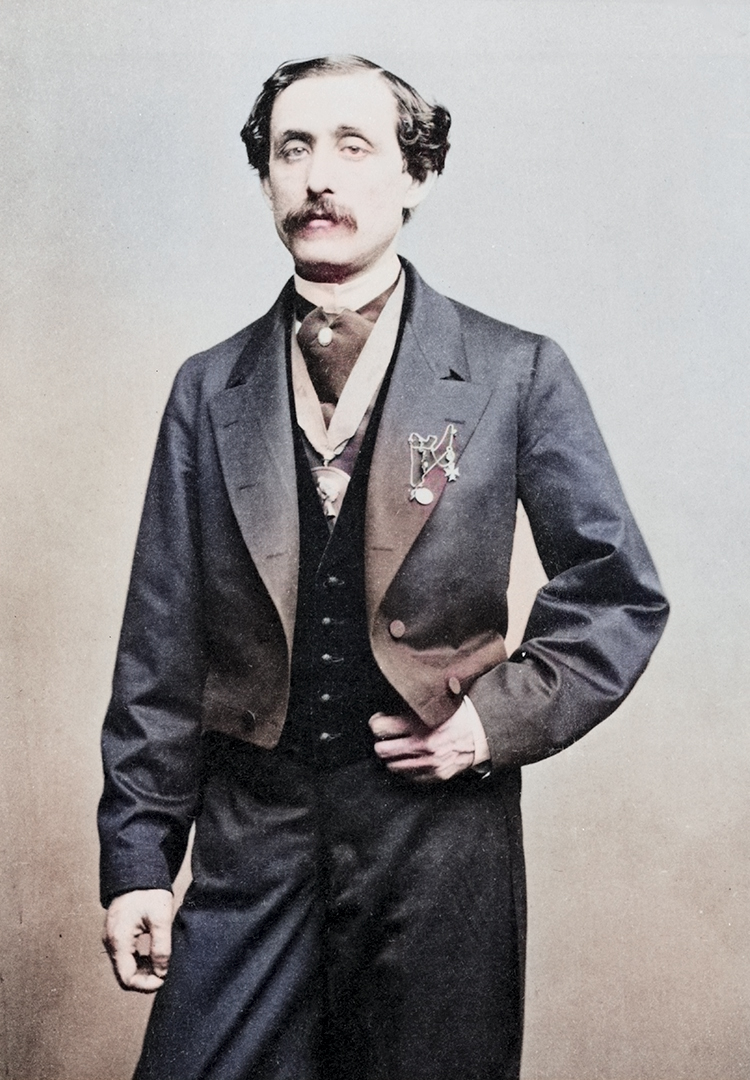
(1866–1956)
Amanda Aldridge utilized her roles as a singer, teacher and composer to shape a generation of performers. She was born in London on March 10, 1866. As part of an artistic family, she was encouraged to pursue her musical interests. In 1883 she received a scholarship to attend the Royal College of Music, where her instructors included opera singer Jenny Lind, actress Madge Kendal and composer Frederick Bridge. She also played piano as her secondary area of study. Aldridge achieved brief success as a concert artist before a case of laryngitis caused permanent throat damage, ending her singing career. As a result, she turned her attention to teaching—a decision that would benefit audiences worldwide.
The illustrious status of Aldridge’s students demonstrates her role in facilitating the international success of classically trained African American singers. She taught three of the most famous vocalists to date: Roland Hayes, Paul Robeson and Marian Anderson. Her teachings often went beyond vocal instruction. She shared professional knowledge and helped her students acclimate to working within European spheres of classical music, nurturing them as they entered new phases of their careers.
As a composer, Aldridge created pieces that received widespread attention in her era. She was in her 30s when she began publishing her own music under the pseudonym Montague Ring. The often-lighthearted nature of her songs aligned with the types of parlor music people played in domestic settings, and her music was likewise popular in performances, broadcasts, recordings and films. Roland Hayes was particularly fond of performing her songs “The Bride” (1910) and “The Kentucky Love Song” (1912). Aldridge is also known for her piano suites, including her most famous piece, Three African Dances (1913). After a long and successful career, which included 65 years of teaching voice, Aldridge passed away on March 9, 1956—one day before her 90th birthday.

Elizabeth Durrant
Elizabeth Durrant recently received an M.A. in Musicology from the University of North Texas. She also earned a B.A. in English Literature (St. Mary’s College of Maryland) and a B.S. in Voice (Towson University)—as a result she is dedicated to exploring intersections between these disciplines. Her master’s thesis is titled “Chicago Renaissance Women: Black Feminism in the Careers and Songs of Florence Price and Margaret Bonds.” Elizabeth plans to pursue her PhD in musicology and continue exploring her interests in Black and female composers, twentieth-century neoromantic music, and American art song.
Sources
Andrews, Joyce. “Amanda Aldridge, Teacher and Composer: A Life in Music.” Journal of
Singing 66 no. 3 (2010): 253-268.
Fuller, Sophie. “Aldridge, Amanda Ira [Amanda Christina Elizabeth; Ring, Montague].”
Oxford Music Online. November 5, 2015.
https://doi.org/10.1093/gmo/9781561592630.article.2019882.
Southern, Eileen. Biographical Dictionary of Afro-American and African Musicians. Westport,
Connecticut: Greenwood Press, 1982.
Walker-Hill, Helen. Black Women Composers: A Century of Piano Music (1893-1990). Bryn
Mawr, Pennsylvania: Hildegard Publishing Company, 1992.
Three African Dances (1913)




